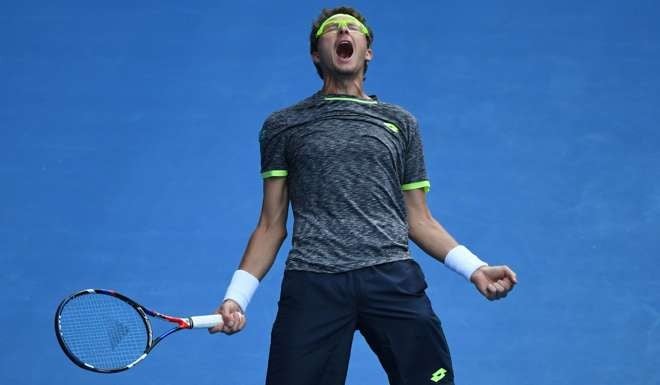
Asian tennis in need of cultural overhaul and accountability for any hope of top-end success
Japan’s Kei Nishikori believes the best young players on the continent will have to go abroad if they ever want grand slam success
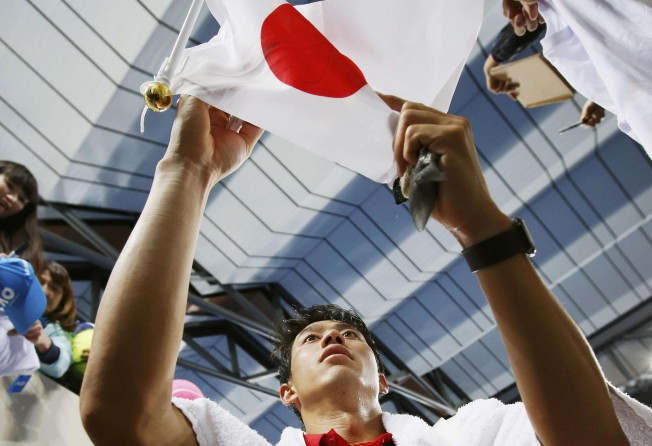
You want international tennis glory, Asia? Well you are going to have to broaden your parameters – significantly.
One day after Japanese star Kei Nishikori told the media that young Asian tennis players would have to go abroad to develop their game if the most populous continent in the world hoped to have a breakthrough victory in a grand slam, there was a breakthrough victory for Asian men’s tennis in a grand slam. Sort of.
When Uzbekistan’s Denis Istomin rocked the sports world with his upset of number two seed Novak Djokovic in the second round of the Australian Open, it was one of the most significant moments ever for Asian tennis.
Granted, Istomin’s hometown of Tashkent may be closer to Berlin than Tokyo, but this was still very much an Asian victory as the only reason he was in the tournament was because he had won the Asia-Pacific wild card play-off in a qualifying tournament in China last month.

According to Nishikori, the highest ranked Asian male tennis player ever and currently number five in the world, he owes much of his success to going abroad as 14-year-old.
“I was really lucky that I moved to the US and was able to hit with all the top junior players,” he said. “I realised that when I was young and it was a really big step for me.
“I would suggest to younger Asian players to go to Europe or the US when you are a junior or very young.”
It’s certainly an honourable sentiment, if not a particularly practical one. The majority of developing tennis players in Asia just don’t have the resources and the means to make a move to the US or Europe and are often hampered by national tennis associations that are long on political cronyism and short on effectiveness.
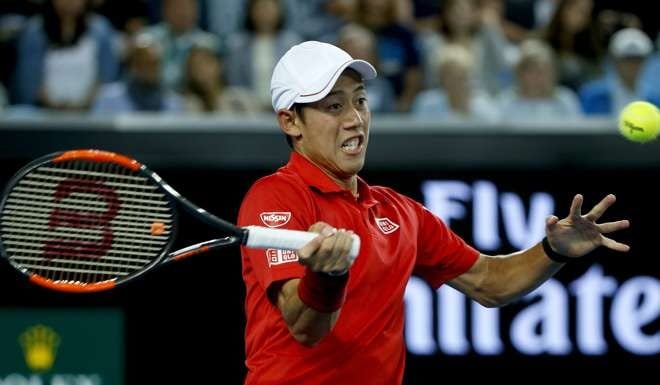
It almost seems like any successful player from this continent is an outlier. The only Asian to ever win a grand slam is China’s Li Na, who won both the woman’s French and Australian Open.
She grew up playing badminton and only switched over to tennis because a coach saw her potential for the sport.
But the backwards tennis coaching she received in her early days actually turned her against the game and she eventually quit only to come back when China tennis authorities allowed her to take the reins and hire a coach to her liking.
There was most certainly no tennis academy of any significance in China during her youth in Wuhan nor talk of her going to play in the US for a few years.
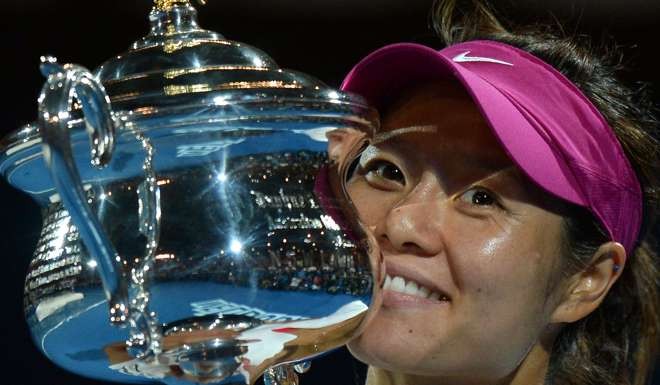
Thailand’s Paradorn Srichaphan was the first men’s single player from Asia to ever be ranked in the world’s top 10 making it as high as number nine in 2003.
The roots of his success come from his father quitting his job in a bank to coach his son, not extended forays at a high end tennis academy.
And that, folks, is basically it for recent big time tennis glory in Asia. While there are some players who have made a very comfortable living in the game, none consistently scratched the upper reaches of the sport like Li, Nishikori and Paradorn.
“There are plenty of quality coaches in Asia, but the structure of the programme is what counts and in Asia it’s not too normal,” said Geoffrey Heydt, former agent for Paradorn.
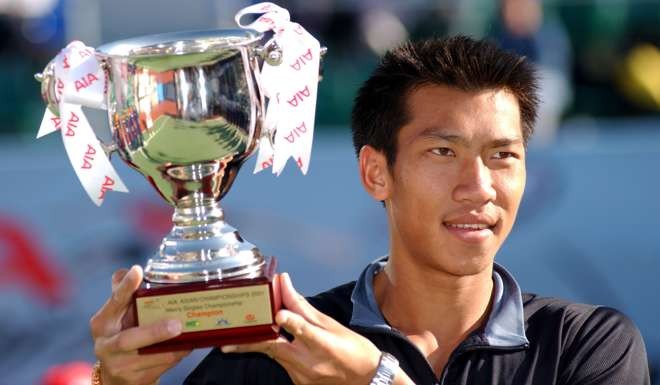
“My personal feeling is that there isn’t really much out there in men’s singles right now and the level of dedication doesn’t seem to be there. Of course it’s also a mixture of culture and family values.”
The only other Asian men in the top 100 are Tawian’s Lu Yen-hsun at number 60, Kazakhstans Mikhail Kukushkin at 98 and Japan’s Yoshihito Nishioka at 99. Both Lu and Kukushkin lost in the first round in Australia with Nishioka going out in the second.
Of course in lieu of an inherent tennis culture, you can always adopt one. The Australian Open now bills itself as the “grand slam of Asia-Pacific”, so technically Asian rooting loyalties could also lie in pulling for a bevy of Australian players.
But somehow I can’t see tennis fans in places like China or Thailand taking any kind of pride in the likes of Australian number one Nick Kyrgios, who was booed of the court in Melbourne after his second round loss for his completely lacklustre effort.
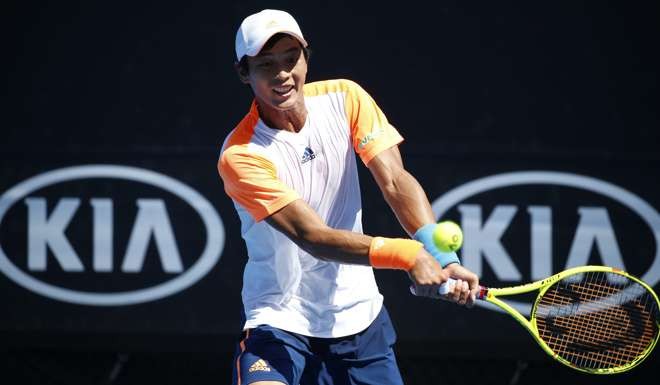
Even Uzbekistan’s Istomin, who is coached by his mother and not a state sponsored tennis academy, elicits little emotion in this part of the continent.
For now, at least, the heavy lifting for Asian tennis will fall strictly on the shoulders of Nishikori.